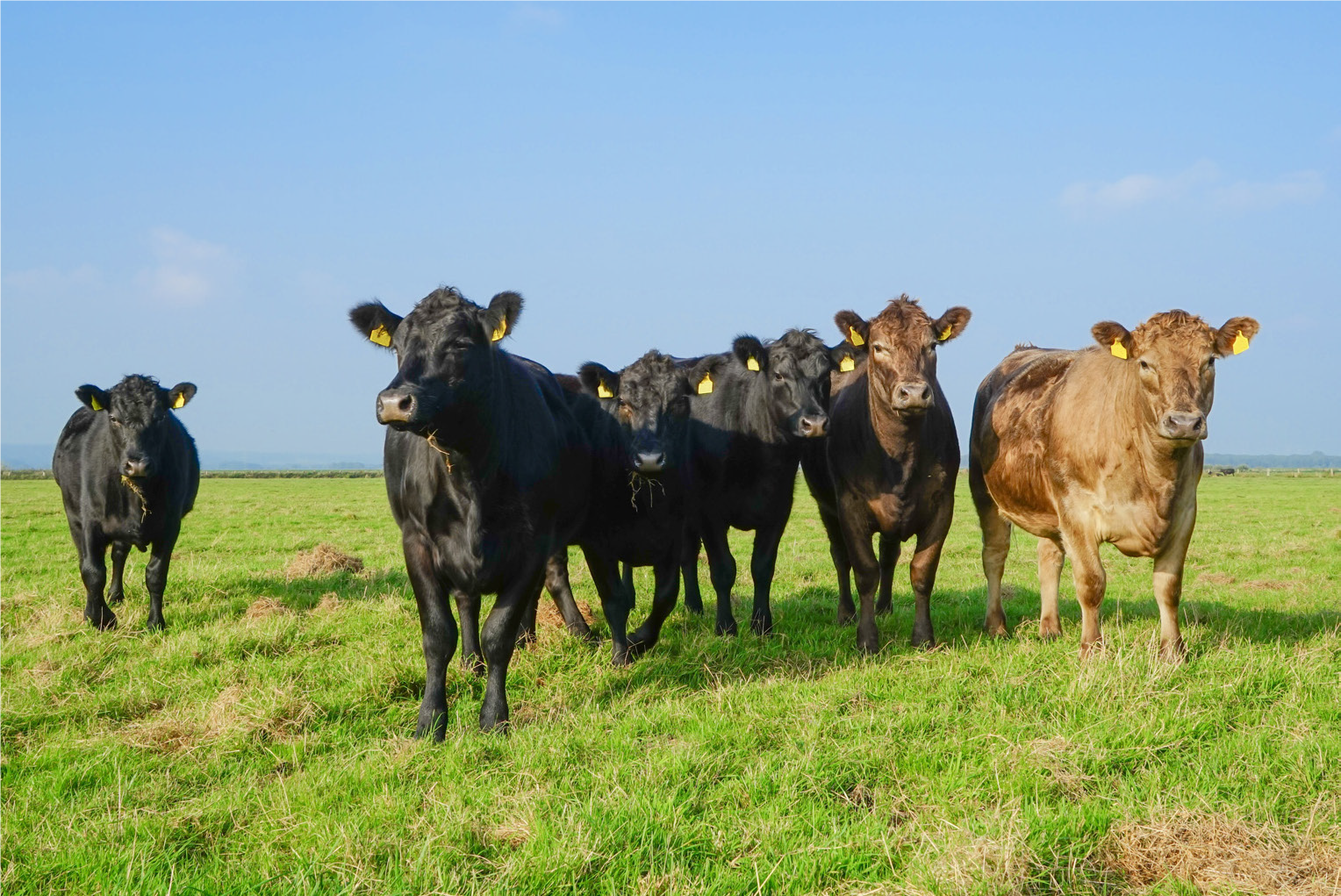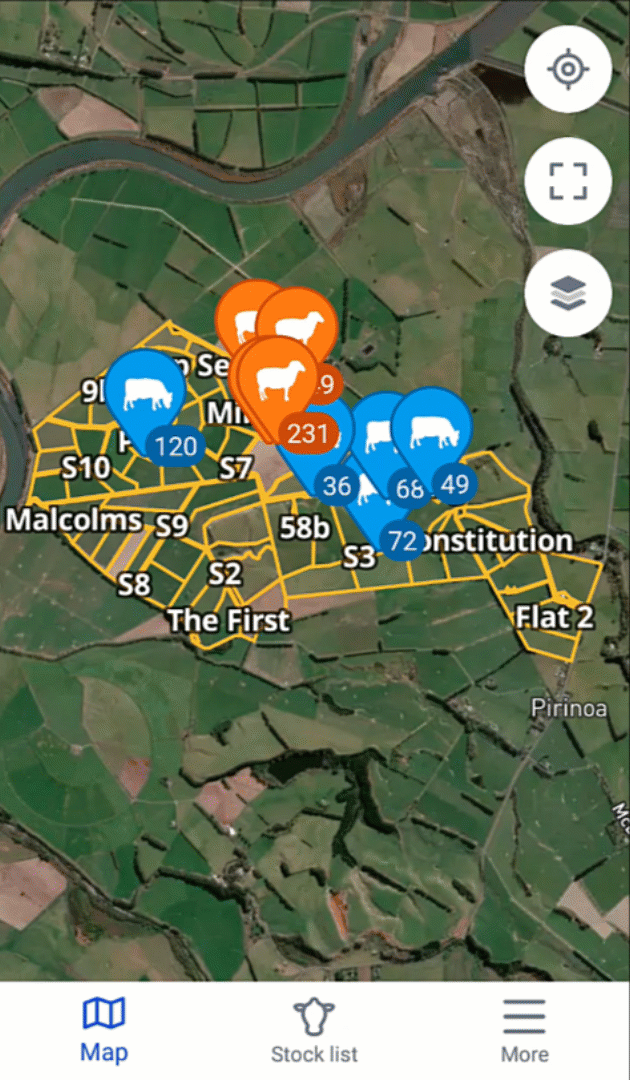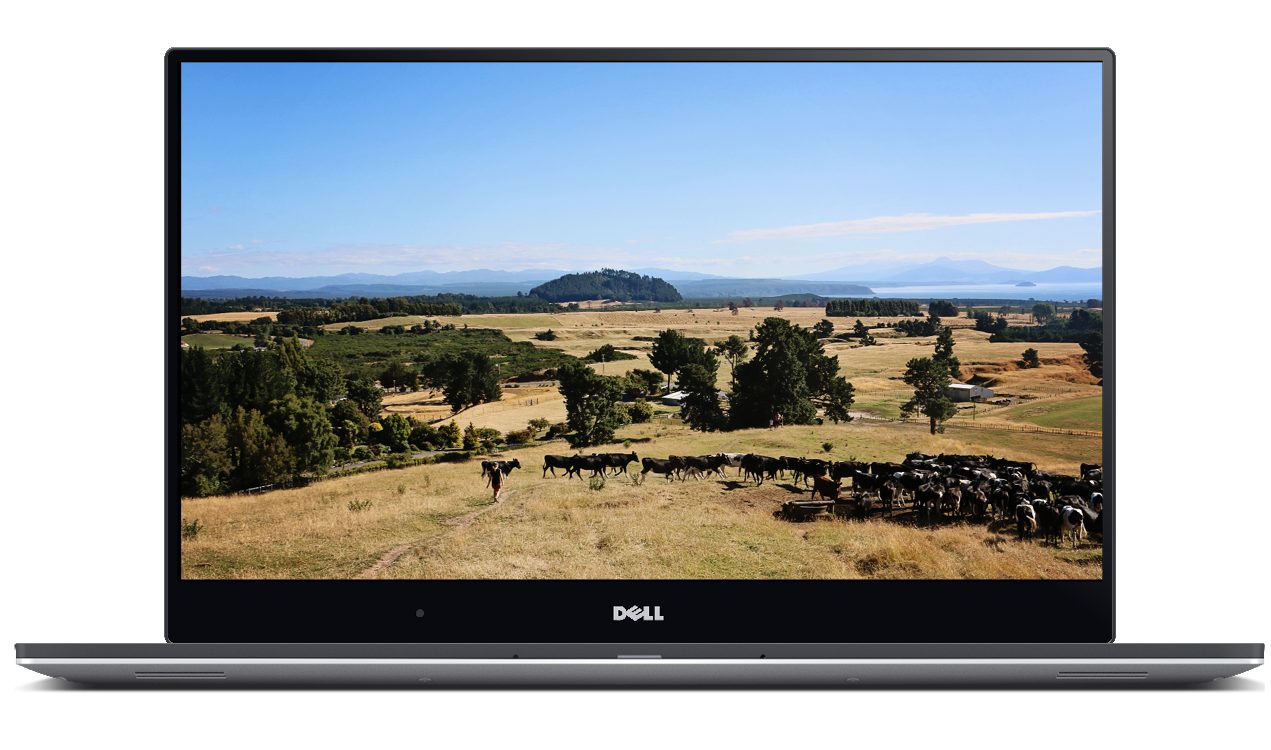
A recent research survey aimed to understand what drives the use of digital tools for farmers. It highlighted the presence of a misconception that’s been a familiar and well-debated sticking point since digital systems became useful farming tools.
Statements about privacy such as “I won’t share my farm data with anyone” are quickly contradicted by pleas of “why can’t X app talk to Y on my behalf to save me entering the same information multiple times?”. These views are at odds with the reality of many of the systems we use to manage the likes of supply agreement requirements, financial and animal welfare compliance.
What we need to get our heads around in this rapidly evolving digital environment are the perceived differences between the movement of our data between one or more systems via integrations, (kill sheet data and FarmIQ is a good example) and purposefully punching farm information into a system for a specific reason, such as a greenhouse gas calculator.
The simple fact is, there are no differences. Both mechanisms transport data through a system to achieve the desired objective: analyse and report on performance, find out your emissions number and so on. But, here’s the important bit - when we choose to use digital systems, we’re agreeing to share our data for the single purpose of adding value to our business.
The skill is in unlocking that value to its fullest potential – whether it’s 10 cents extra a kilo because you sent your processor digital records of fertiliser, supplying animal remedy use data for assurance programme certification or running numbers on GHG reduction options. Isn’t it all worth it?
In my mind, the most successful farmers are those who record and use data. From analysing individual animal performance with a consultant - to working out how much time owners actually worked in the business (rather than on it), to planning an extra labour unit with the bank, every time farmers engage and share that data - they learn something new about their business. Oftentimes this sharing of data validates intuition which makes everyone feel more confident.
I also know that using apps and spending time on a screen is not for everyone, which is why going digital and sharing your data wisely and where it matters is all the more important. There’s something hugely freeing about clicking a button that sends your stock reconciliation to your accountant for your end-of-year, rather than spending what seems like days searching for sales and purchase receipts and invoices buried in your office and the passenger footwell of your ute.
So, when you’re feeling sceptical about going digital because you’re concerned about privacy and data sovereignty, take a moment to think about where else your business and life have an online presence. I’ll postulate that your social media and shopping apps know more about you than your bank, processor or regional council.
As for apps talking to each other to reduce data duplication, you only have to ask or do a bit of online research to discover that APIs (Application Programming Interfaces) that zap information between the systems we love are increasing at a rate of knots because the pathway is a simple formula: Data + Sharing = Value
By Alison Worth - Subject Matter Expert: Environment & Compliance


